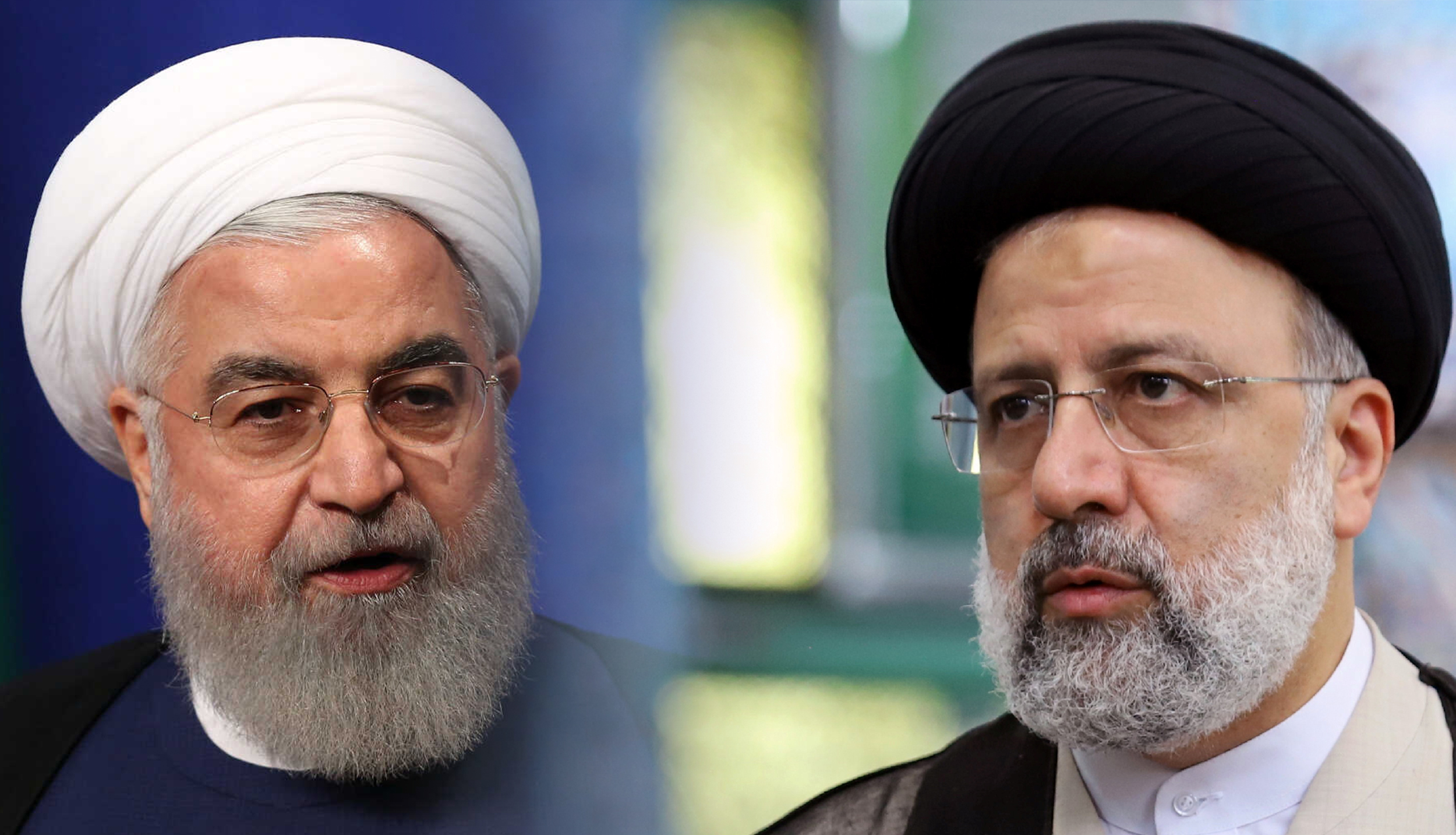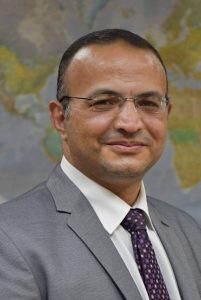Debate within Iran about foreign policy has intensified, especially with regard to regional issues. This is attributed to several factors, such as efforts by moderates to reunite their ranks in preparation for the upcoming elections, and the apparent inability of the current leader of the Quds Force, Esmail Qaani, to fill the shoes of former commander Qassem Soleimani. Moreover, the ultra-conservative movement is accusing the moderates of serving the American and Israeli agendas, all leading to growing differences over the importance of the nuclear agreement.
The moderate movement, which includes key reformist leaders, such as former President Muhammad Khatami, the traditional conservatives, including figures such as former President Hassan Rouhani and former Speaker of the Shura Council Ali Nateq Nouri, are reshuffling their ranks in early preparation for the upcoming elections. The first to come up are parliamentary elections, set to be held in 2024, to be followed by presidential elections in 2025.
Moderate leaders recently held consultative meetings, shifting the focus of the movement to criticizing the policy adopted by the government of President Ibrahim Raisi, and the stances of the fundamentalist conservative movement, especially on domestic issues. The ultra-conservatives in turn have launched an anti-moderate campaign, with the result that debate in Iran has expanded to a discussion of Iranian foreign policy regarding regional issues.
This growing domestic debate on regional issues can be explained in light of several considerations:
- Continued disagreement on the role of the Revolutionary Guards: The Revolutionary Guards’ role in Iranian foreign policy continue to receive special attention domestically, especially with the comemoratin of the second anniversary of the killing of former Quds Force commander Qassem Soleimani on January 3rd. Former Foreign Minister Mohammad Javad Zarif commemorated the anniversary with a tweet on his Twitter account praising Soleimani for his role in the fight against terrorism. He said: “The world needs brave fighters like Qassem Soleimani, not warmongers like Trump, Netanyahu, and their partners.” The tweet aimed to deflect pressures on Zarif, after a recording was leaked on April 25th in which he criticized the Revolutionary Guards’ interference in foreign policy. The leak was interpreted by many as a deliberate attempt to exclude Zarif from the presidential elections as a candidate for the moderates, paving the way for Ibrahim Raisi.
- Worsening regional crises: In Iraq, for example, Quds Force commander Qaani has yet to succeed in settling the outstanding differences between the Sadrist movement and Coordination Framework regarding the formation of the new government. The differences are driven by Al-Sadr’s insistence to form a majority government, while the Coordination Framework is pressing for a consensus government, in which they would be included. These problems were exacerbated by the postponement of presidential elections. Qaani’s visits to Baghdad, Najaf and Erbil failed to create a consensus on the issues of forming a government and electing a president. The Kurdistan Democratic Party is insisting on its presidential candidate Hoshyar Zebari, while the Patriotic Union of Kurdistan’s (PUK) supports its candidate, current president, Barham Salih.
- The cost of supporting regional allies: Iran has continued to support its allies in the region, especially armed militias, which has led to the emergence of an opposing trend, which highlights the pressures this support has put on Iran’s economy, which is suffering as the result of US sanctions. In this context, Iranian writer Mazyar Akbari published an article, on February 3rd in the Al Sharq newspaper, entitled “What does Yemen have to do with us?” He argued that under present conditions, Iran cannot continue supporting its allies in Yemen, but could instead provide advisory support.
- Accusations moderates are supporting foreign agendas: The fundamentalist conservative movement continues its campaign against the moderate movement, to prevent their return to decision making circles. For example, the editor-in-chief of Kayhan newspaper Hussein Shariatmadari criticized the movement in an editorial published on February 4th, accusing it of supporting the current stances of the US and Israel. This is in reference to the two countries focus on the need to take steps to confront Iran’s regional activities, in tandem with the efforts to achieve a nuclear agreement in Vienna.
It was of note that the fundamentalist conservative movement repeated accusations previously leveled against former President Muhammad Khatami, of leading the so-called Fitna Movement, in reference to the Green Movement, that led the protests in Iran in 2009 against the re-election of former President Mahmoud Ahmadinejad. The fundamentalists remain keen to promote the notion that the Fitna Movement was receiving foreign support to undermine the foundations of the Iranian regime. - Disagreements on the importance of the nuclear agreement: Although the Raisi government continues to conduct negotiations in Vienna with international powers to reach a nuclear agreement, the government continues to accuse the Rouhani government and the moderate movement of making major concessions in exchange for few economic returns in the 2015 agreement. The current government sees current negotiations as its only option, in order to avoid being held responsible, by the international community, for the failure to reach a nuclear deal.
It therefore can be argued that Iran appears to be heading to a period of rising contestation between the fundamentalist conservative movement, which currently controls most, if not all, decision-making positions, and the moderate movement led by Khatami and Rouhani, which seeks to restore its political standing.


